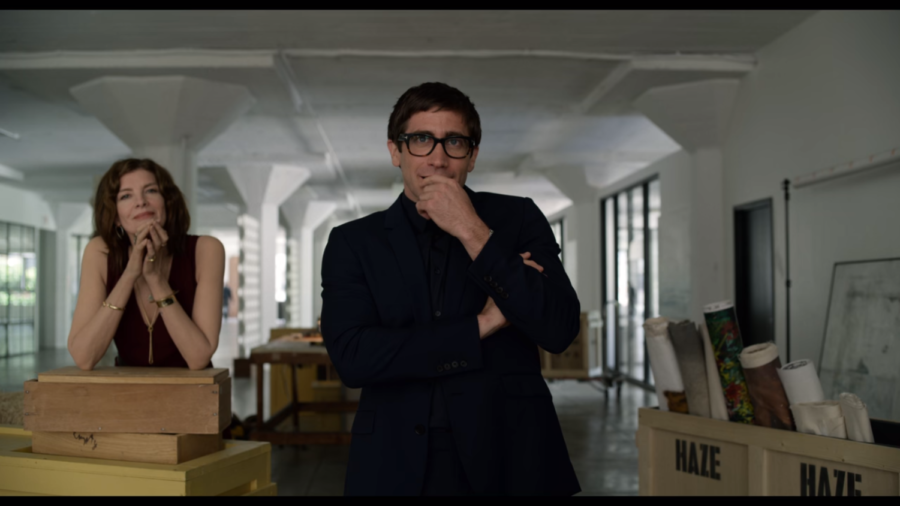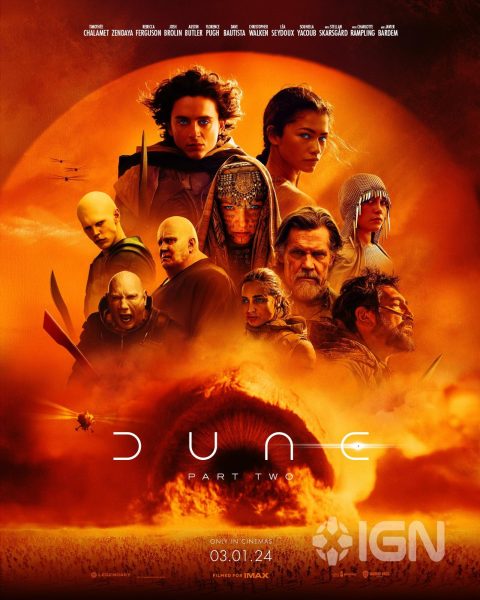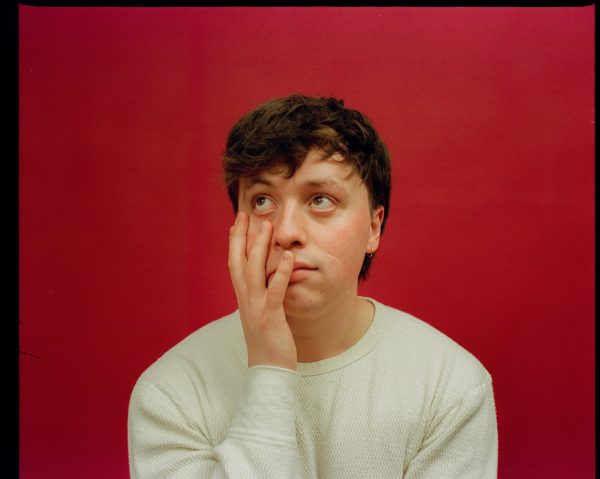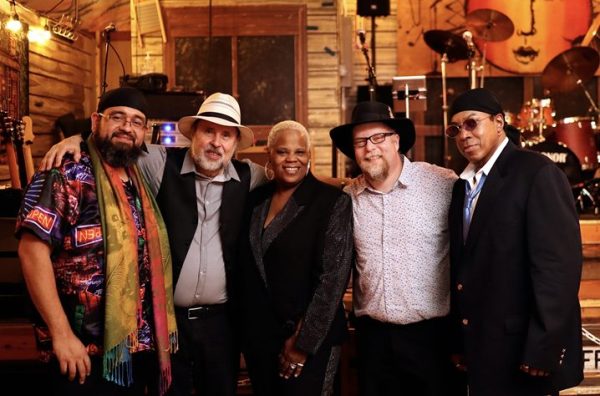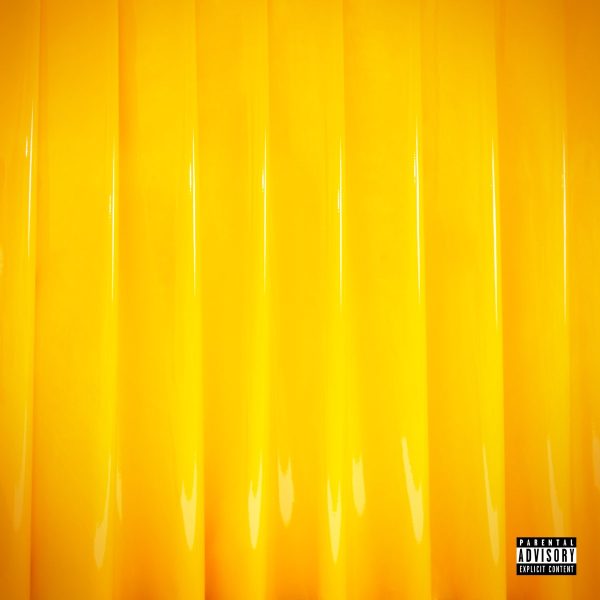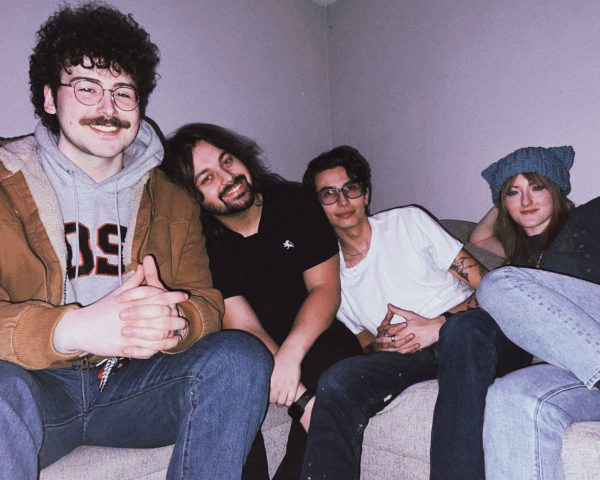‘Velvet Buzzsaw’ makes broad strokes with a dry brush
February 3, 2019
Jake Gyllenhaal puts on a delightfully bizarre and intense performance, but Netflix’s newest thriller is little more interesting than watching paint dry.
Director Dan Gilroy reunites with Gyllenhaal and Rene Russo for “Velvet Buzzsaw,” a new Netflix Original. The thriller/slasher is a satirical take on the creation and criticism of modern art, but comes up short, often as unaware and obnoxious as the art it pokes fun at.
Gilroy, Gyllenhaal and Russo previously worked together in 2014’s “Nightcrawler,” featuring a dark, neo-noir take on Los Angeles. Gilroy returns to LA with “Velvet Buzzsaw,” shifting the lens to show an entirely different side of the city.
Morf Vandewalt (Gyllenhaal), a critic in the Los Angeles art scene, makes or breaks artists’ shows. A secret gallery from a recently —and mysteriously— deceased artist is discovered by an ambitious assistant, and Morf’s former lover, (Zawe Ashton) with lofty aspirations of becoming a critic.
The new collection lights the critical world on fire and “Velvet Buzzsaw’s” colorful cast becomes obsessed with the art of Vetril Dease. But it seems with obsession comes a steep price; the paintings have a murderous agenda of their own.
Through its parodies on artists and critics, the movie tries to ask the question, “What is the real value to art?” Any sort of real commentary Gilroy tries to make is lost in obscurity as characters are taken out one by one in art-themed “Final Destination”-style scenes.
These parodies are often too on-the-nose, one of the gallery owners confusing a pile of garbage for some kind of high art. Most of the characters are onenote and insufferable, making it easy to root for the cursed paintings as “Velvet Buzzsaw” tediously slashes toward its anti-climatic end.
The movie finds a high note when it shifts into its B-movie murder sequences, which are as entertaining as they are ridiculous. After the first scene, anticipation is built to see what the next fatal portrait will be.
For a movie so focused on art and aesthetics, most scenes look surprisingly dull. Characters trade pedantic dialogue on screen with little thought for framing and blocking, a completely missed opportunity.
Gyllenhaal doesn’t disappoint by bringing his usual intensity to Morf, capable of instantly switching from carrying out eccentric conversation to utterly losing it.
Russo is ice-cold throughout; the punk rocker turned curator is set on continuing to sell Dease’s art, heedless of consequences.
In a surprising twist, John Malkovich plays the straight man juxtaposed to the critics as an artist uninterested in the commercial value of his work, helping him escape the oil and pastel-based carnage.
“Velvet Buzzsaw” is a case of a movie not knowing what it’s supposed to be. It lacks the edge a satire needs to make any real commentary, and the enjoyable B-movie slasher scenes are too far and few between to make the two hour runtime worth the watch.
Verdict: 4/10

